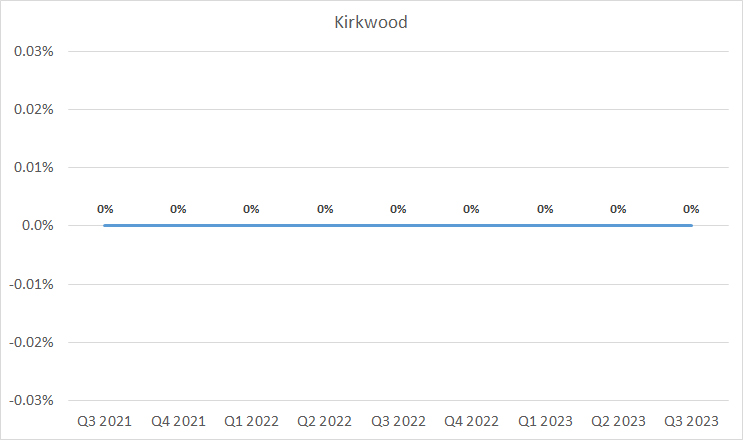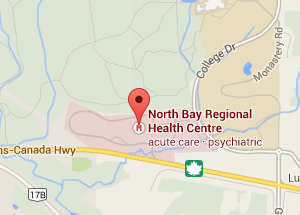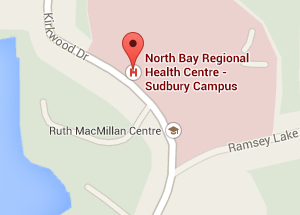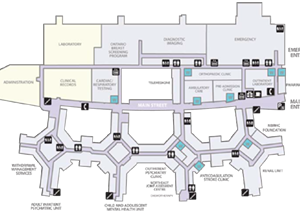C. difficile can be acquired within the hospital or from the community. The rate of C. difficile infection is calculated as a rate per 1000 patient days. The rate is calculated by taking the total number of new hospital acquired (HA) cases each month and dividing by the total number of patient days each month multiplied by one thousand. The total patient days represents a sum of the number of days during which services were provided to all inpatients during that given time period.
The rate is calculated as follows:
Number of new hospital-acquired cases of C. difficile in our facility X 1000
Total number of patient days (for one month)
The 2007 rate of hospital acquired C. difficile infection for Ontario participating in the Canadian Surveillance program was 0.82 per 1000 patient care days. Our rates have consistently been below these benchmarks.
“As recommended by the MOHLTC, the number of patient care days for C.difficle rates will differ from other infections posted with patient care days because children under of the age of one year are not included in C.diff reporting.”




